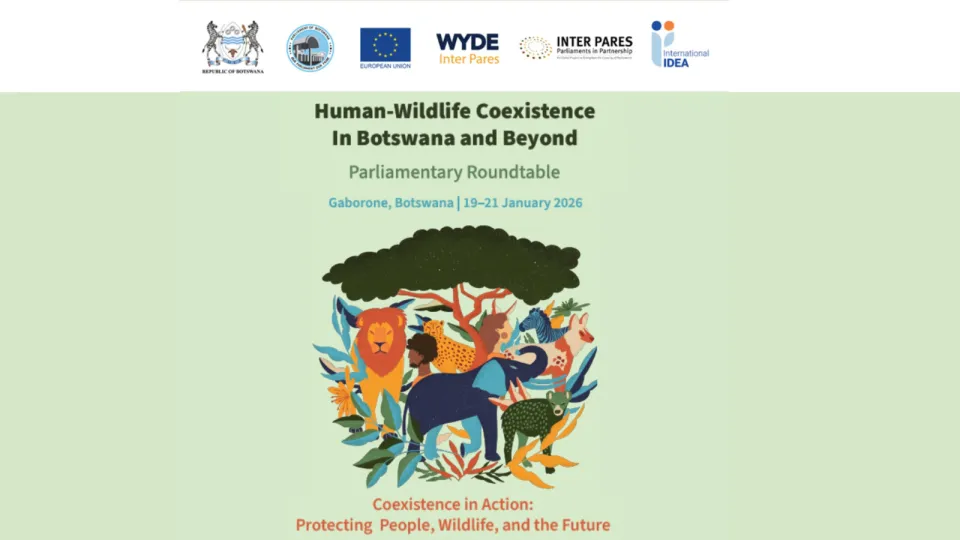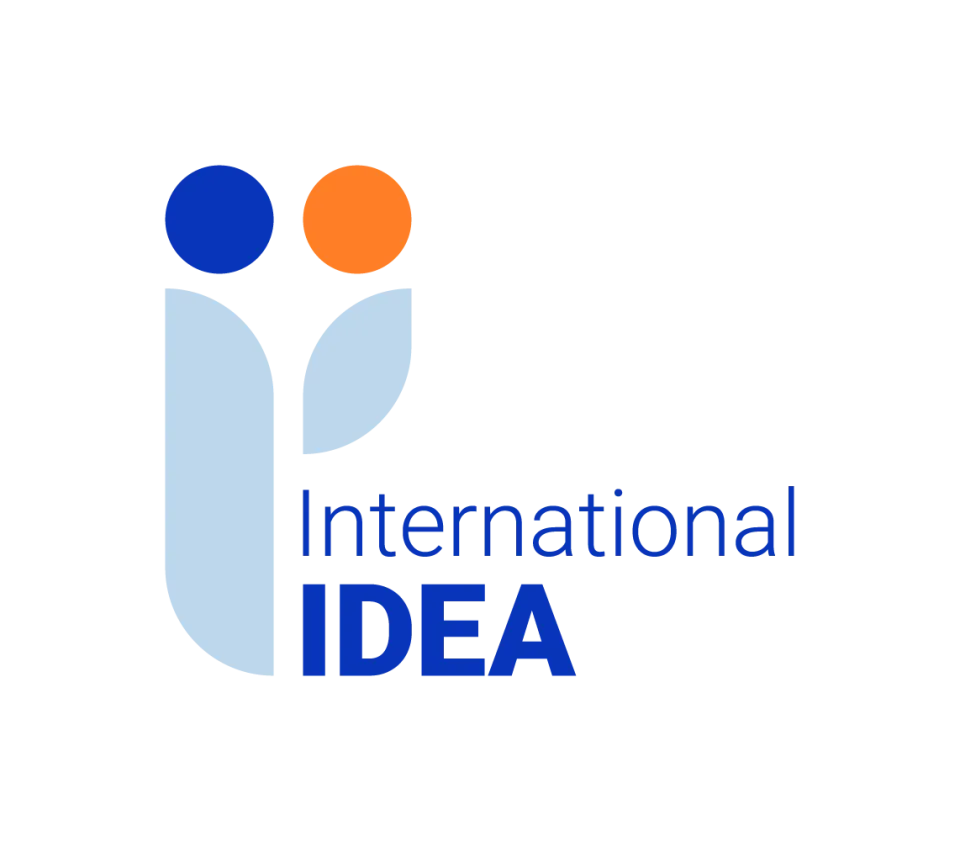Electoral Risk Management Conference to be held in Addis Ababa in December
International IDEA’s Electoral Risk Management Tool has been used with great success in countries like Kenya, Nigeria, Nepal and Bosnia and Herzegovina.
As part of our work to increase the awareness of the tool, which is provided for free to electoral management bodies (EMBs) and other stakeholders, International IDEA will host together with the AU Commission a three-day conference in Addis Ababa, in December. The purpose of the conference will be to improve the understanding of electoral risks and electoral risk management concepts as well as the systematization of good electoral risk management practices. These practices can be shared with a wider community of EMBs, democracy assistance providers and development agencies.
The sessions will focus on four main issues.
- Electoral risk management: This part will introduce the electoral risk management concept. Practical discussions will focus on identifying legal, political, operational, technical, and security risks in different regions/countries. This is to give participants a good understanding of the multiplicity of electoral risk factors.
- Assessment and analysis of electoral risks: This part will focus on experiences and methodologies for assessing and analyzing electoral risks, such as assessment of electoral integrity indicators, desegregation of gender-based data, and conflict assessment methodologies.
- Prevention and mitigation of electoral risks: This part will introduce and explore experiences related to electoral risk management efforts involving: electoral management and justice organizations, security sector agencies and other stakeholders that form infrastructures for peace (I4P).
- Risk management as a new norm for organizing elections: The plenary session will highlight positive experiences in institutionalization International IDEA’s ERMTool. Breakaway sessions will explore practitioners’ needs and seek practical suggestions on how this International IDEA tool can be further improved through the development of knowledge resources, software development and establishment of peer networks.



